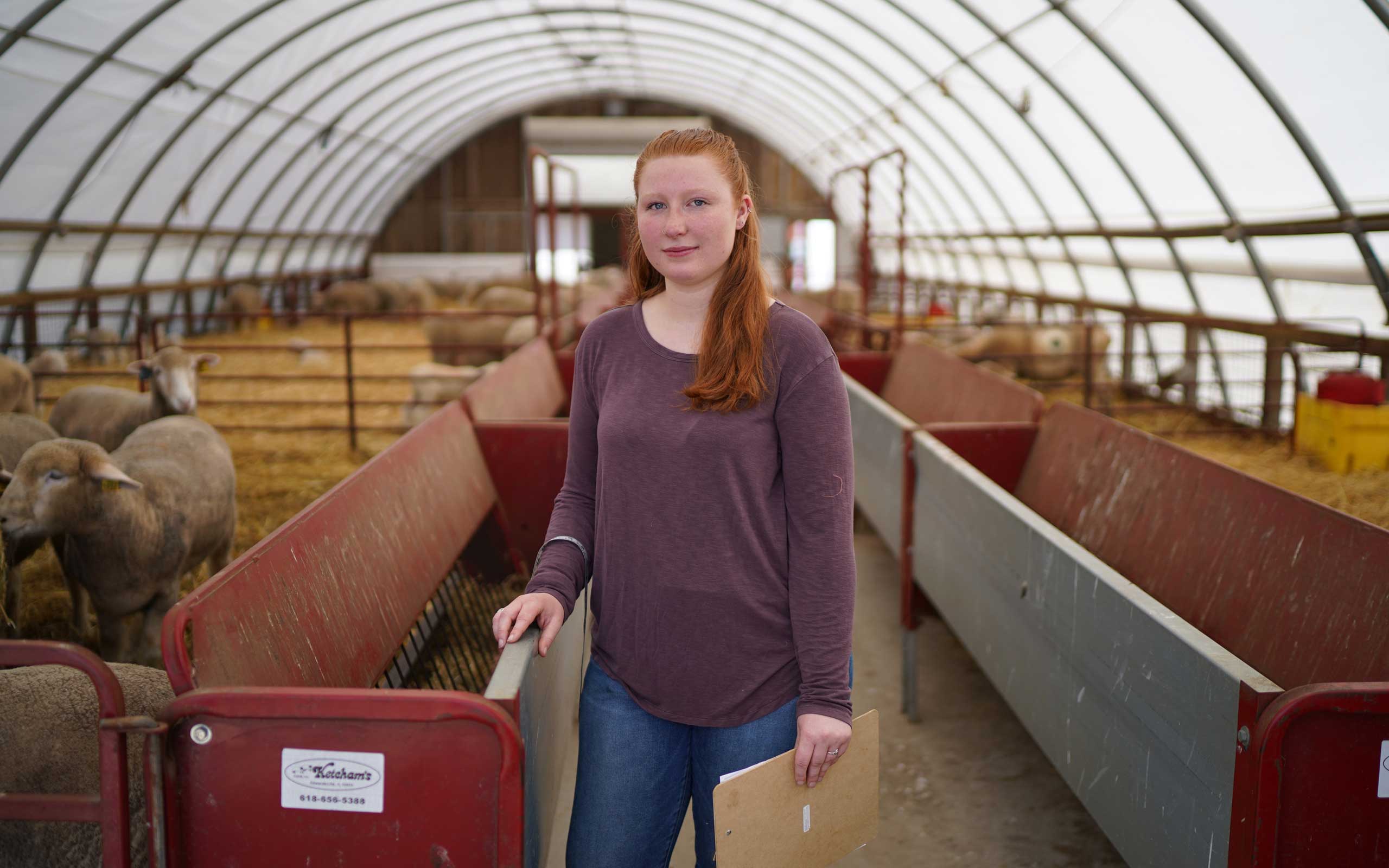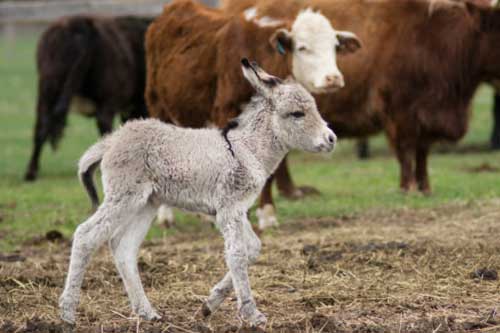
Animal science and technology major Julie Bosland ’19 knows eggs.
She’s your go-to for questions about backyard chickens and egg washing, storage, and cooking, and her goal is to make it a safer proposition to buy eggs outside of your local grocery store. To that end, Bosland is working on drafting comprehensive regulations on homegrown eggs’ processing and handling.
And that matters. A lot.
In 2019, The Washington Post reported that Americans are eating more eggs than ever, about 95 million a year. And the ones at your local farm stand aren’t inspected by the FDA. “Through my research, I found laws regulating eggs are unique: there are not any clear regulations,” Bosland said. “You get contradictory advice.”
‘It’s a close-knit major’
“At URI, if you choose to study animal science, there are a lot of benefits,” she said. “It’s a close-knit major. You get to know your professors well. The classes are small. You can work with farm and exotic animals, and there are lots of research opportunities and internships.
“I could have gotten lost at other schools with their big lecture hall classes and the difficulty that poses in getting close to your professors,” Bosland said. “URI supports its students.”
The animal science major is one of many programs in the College of the Environment and Life Sciences. Animal science graduates have entered the fields of veterinary medicine, research, teaching, animal management, pharmaceuticals, and public health. Bosland intends to continue her work as a graduate student, studying sustainable agriculture and food systems.
“With the foundation you have in animal science, there are so many opportunities,” Bosland said.

